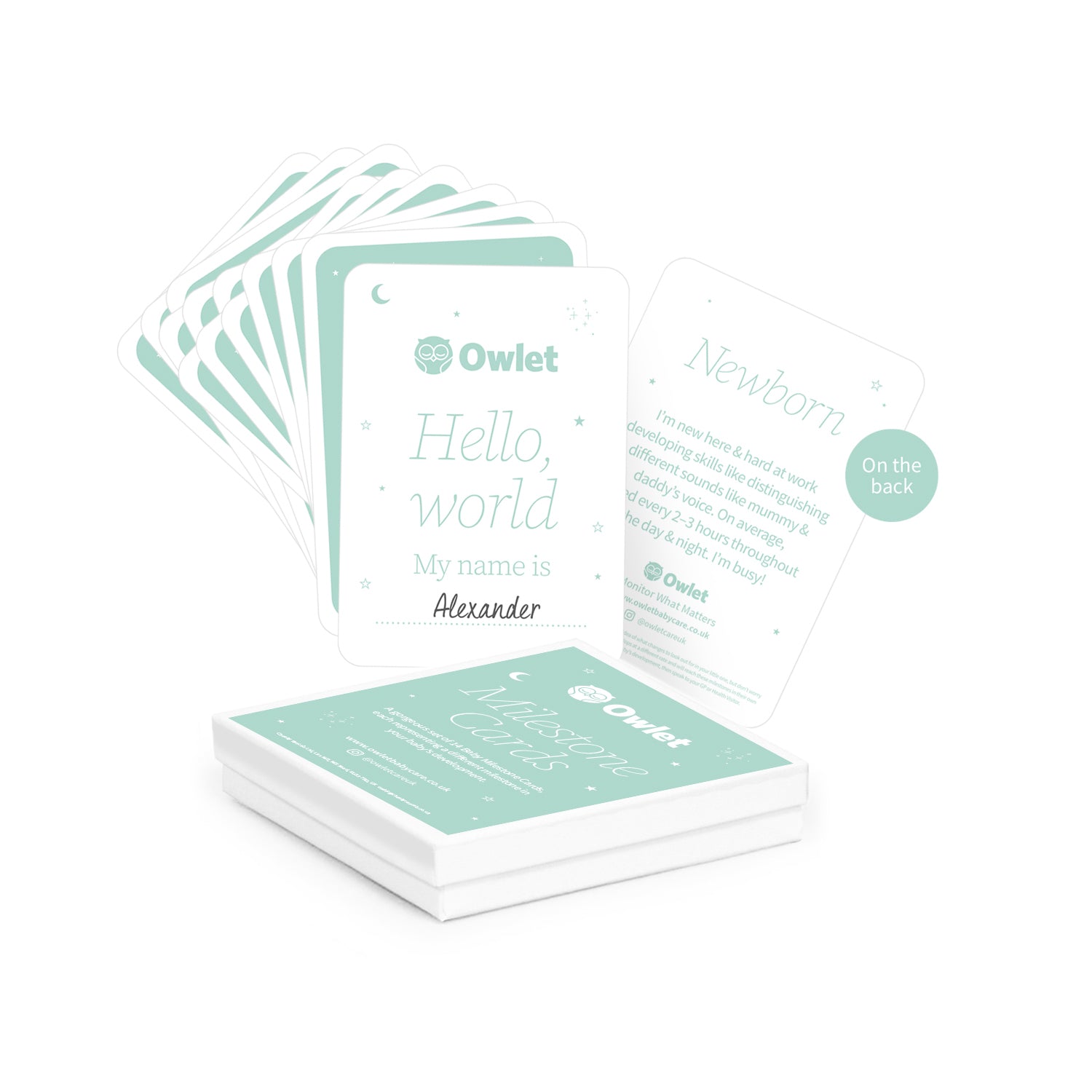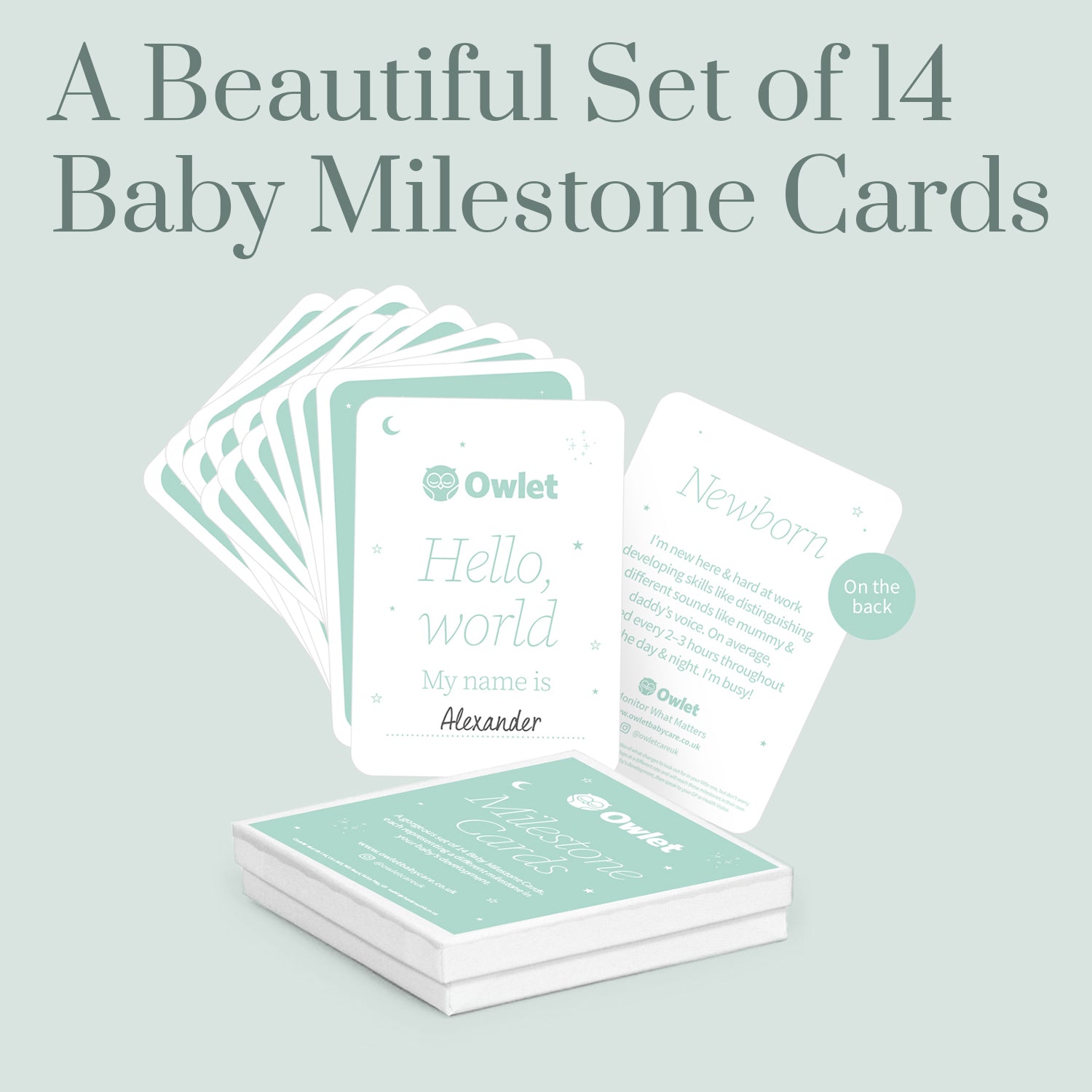New Mum Stress

Connie Simpson, better known as Nanny Connie, has been a nanny for more than 30 years to over 250 babies. Focused on guiding new parents through the wonderful journey of parenthood, Nanny Connie has worked with some of Hollywood’s biggest names and their families. Here, she shares her thoughts on navigating the stress of becoming a new mum.
The expectations of new mums have drastically changed from when I had my daughter 37 years ago. New mums now are expected to "snap back" almost immediately after welcoming their little one into the world.
The truth is, it's nine months up and nine months down, and that nine months down is a necessary grace period that allows your body, and especially your emotions, to cycle through a roller coaster ride of ups and downs. Many new mums experience levels of stress, anxiety, depression, or even a combination of the three. That's why the self-care grace period is so vital.
No one can predict how well you will manage your new responsibilities of being a parent, especially as a mum, but here are a few key things to know:
- Your hormones are trying to balance out
- Your body is enduring a major transition
- Life will continue to happen during all of it
It’s important to own your stress and ask for help, and rely on your village (partner, family, friends, community, etc.) to support you. If you have a partner on your parenting journey, communicate with them and tell them when you need their help. Staying on the same page will go a long way to combating stress. Remember: they aren't going to do things precisely the way you do, but at least things will get done.
Stress that isn't managed can build up and tip over into anxiety, so preserve your nerves. This is where journaling can come in to help you keep track of your feelings. If you find it hard to express to your family and friends how you feel, write it down. Think of it as your own little confessional. Writing down your feelings is not only therapeutic, it provides an emotional timeline that can help your partner, family, friends, and physician give you the support that you need.
A major key to coping with your stress and anxiety levels is SLEEP! If you don't hear anything else that I say, know that sleep deprivation is REAL, and is not something to take lightly. Lack of sleep can negatively impact your emotions, ability to care for your child, milk production, and relationships. Mold your sleep schedule around your little one's sleep as much as you can. If you find it hard to rest while your bub rests, check out the Owlet Smart Sock, that tracks your bub’s heart rate and oxygen while they sleep and notifies you of changes to your bub’s well-being. That way you can relax just a bit and know your bub is being monitored as they sleep. The good thing about newborns is when they're not eating, they're sleeping, so take advantage of those stretches of sleep and get as much rest as possible. It's not a cure-all, but it helps!
Along with the stress and anxiety that comes after having a bub, feelings of depression are also common. In my experience, most mums realise that feelings of depression after welcoming a bub is situational—often referred to as the baby blues. Once they got into the rhythm of a schedule, got enough sleep, asked for help, and their hormones settled, the depression went away.
However, postpartum depression that lasts longer than about two weeks is very serious and rarely improves on its own. The mums I've worked with who had postpartum depression cried all the time, felt like they couldn't get a handle on life, took no pleasure in anything, had trouble eating and sleeping, and most tellingly, didn't want to be around their bubs. This is when your village absolutely has to pull together and get the professional medical support that is needed.
Becoming a new mum is a beautiful life-changing experience, but the "snap back" should not be the focus. The goal is knowing that your self-care grace period is a crucial component of your parenting journey and should be prioritised. Stress, anxiety, and depression are common, but they're not impossible to overcome. Remember to utilise your village, communicate your needs, SLEEP, and journal. Always try to be present in the moment with your little one because they'll be graduating before you know it.

















